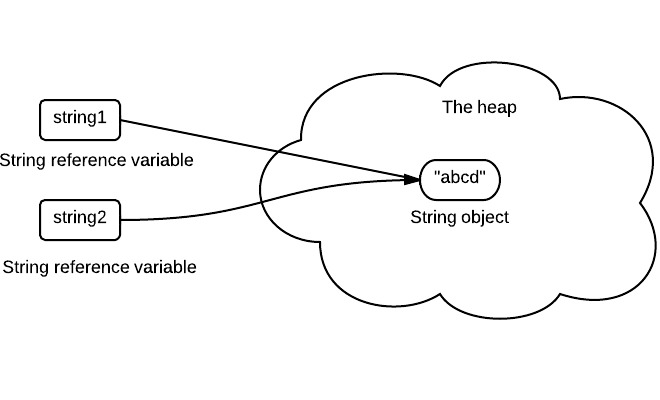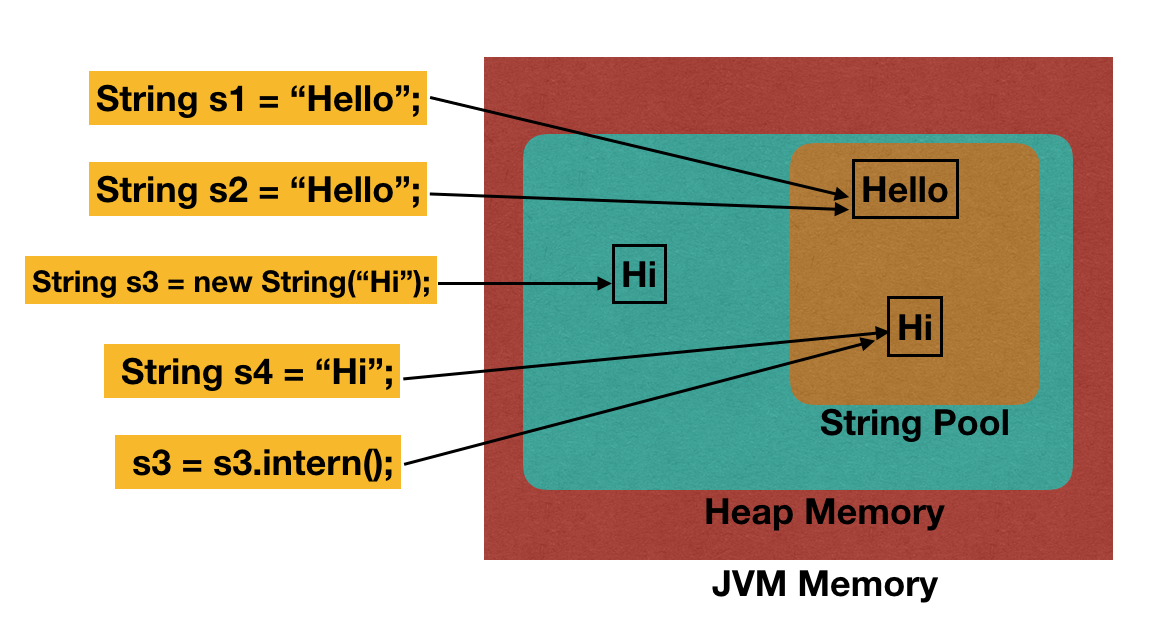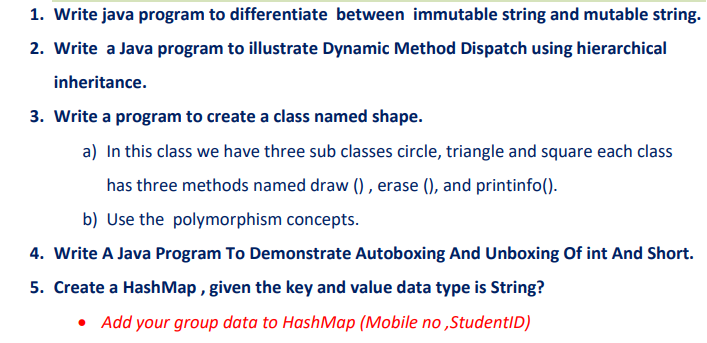Why Are Strings Immutable in Java? Thorough Evaluation for Programmers
Why Are Strings Immutable in Java? Thorough Evaluation for Programmers
Blog Article
What Is Unalterable Strings and Exactly How It Functions
In the world of programs, understanding the idea of immutable strings is vital for developing durable and safe and secure applications. Immutable strings refer to strings that can not be altered after they are produced, making certain data stability and predictability within the code.
The Essentials of Immutable Strings
Immutable strings, as a basic idea in shows, are character series that can not be transformed once they are produced. This means that when a string is appointed a value, that value can not be altered. In languages like Python and Java, strings are immutable objects, resulting in different implications in regards to memory monitoring and information stability.
One of the essential advantages of immutable strings is that they provide a sense of security in data manipulation. Given that the web content of an immutable string can not be modified, it makes certain that the initial information remains undamaged, minimizing the threat of unexpected adjustments during program execution (Why are strings immutable in Java?). This residential property likewise streamlines debugging processes, as designers can rely on that once a string is specified, its value will not be unintentionally modified
In addition, unalterable strings facilitate efficient memory usage. When a new string is created based on an existing one, instead of changing the initial string, the brand-new value is saved separately. This approach enhances efficiency by decreasing memory fragmentation and simplifying memory allowance processes. Generally, recognizing the basics of unalterable strings is vital for understanding programs ideas and maximizing code performance.
Advantages of Unalterable Strings
Building upon the safety and performance advantages of unalterable strings, their benefits include enhancing code integrity and simplifying simultaneous programming jobs. By being unalterable, strings can not be customized after production, which eliminates the threat of unexpected modifications in the data they save. This integral immutability guarantees that as soon as a string is produced, its worth stays constant throughout the program's implementation, reducing the chances of insects created by unanticipated alterations.
Furthermore, unalterable strings add to code dependability by making it less complicated to reason concerning the state of a program. Because strings can not be transformed, programmers can rely on that a string will certainly constantly hold the same worth, streamlining debugging and maintenance efforts. This predictability leads to more reputable and steady codebases.

Execution in Programs Languages
Within various programming languages, the incorporation of immutable strings is an essential facet that influences just how information is taken care of and controlled within code frameworks. The execution of unalterable strings varies across various shows languages, with each language providing its very own systems to sustain this concept.

On the other hand, languages like C and C++ do not have integrated assistance for immutable strings. Developers in these languages must by hand carry out immutability by applying policies within their code to stop direct alterations to string things.
Best Practices for Collaborating With Unalterable Strings
When handling unalterable strings in programming languages like Java and Python, adhering to finest methods guarantees effective and safe information manipulation. One of the crucial best techniques is to use StringBuilder or StringBuffer instead of directly adjusting strings, especially when handling comprehensive concatenation operations. These courses provide mutable choices for string adjustment, helping to stay clear of unnecessary memory allotments and enhancing performance.
Additionally, when functioning with delicate information such as passwords or API keys, it is crucial to avoid storing them as ordinary text in immutable strings. Using protected storage mechanisms like char ranges or specialized libraries for taking care of sensitive info aids mitigate safety dangers connected with unalterable strings.
Real-world Applications and Instances
Checking out useful executions of unalterable strings in numerous markets exposes their considerable effect on data honesty and system dependability. In the medical care market, immutable strings play a critical role in making check my blog certain the safety and security and confidentiality of individual data. By stopping unapproved alterations to sensitive details such as medical documents and prescriptions, unalterable strings aid maintain compliance with strict personal privacy guidelines like HIPAA.
Financial institutions also gain from the immutable nature of strings to enhance the protection of client information and deal records. Unalterable strings aid stop fraud and unauthorized changes to economic info, giving a durable defense against cyber threats and ensuring the trust fund and confidence of clients.

Verdict
Ideal techniques for working with unalterable strings include staying clear of direct modifications and making use of approaches that return brand-new string objects. Real-world applications of immutable strings include information file encryption, caching, and string adjustment jobs.
Unalterable strings refer to strings that can not be altered after they are created, ensuring data integrity and predictability within the code. When a new string is developed based on an existing one, rather than modifying the original string, the brand-new worth is stored separately.In languages like Java and Python, strings are unalterable by default, implying that when a string object is produced, its value can not be changed - Why are strings immutable in Java?. Ideal techniques for working with you can find out more unalterable strings include avoiding straight adjustments and using techniques that return new string items. Real-world applications of unalterable strings include data file encryption, caching, and string control tasks
Report this page